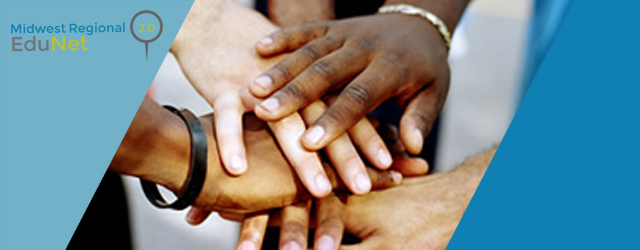Brief Overview: The purpose of this recorded resource is to provide a didactic and interactive training that utilizes breakouts and, role-plays, and case vignettes to demonstrate confidentiality practices involved in working at a CAC for both mental health and victim advocate staff. Expert Presenters: Amelia Siders, PhD, currently a Training Specialist with Western Regional CAC, is a licensed clinical psychologist who has worked to support children’s advocacy centers for over 12 years. She gained experience providing direct service as well as being a clinical supervisor and program director at a children’s advocacy center in Traverse City, Michigan. Following her time…
Confidentiality Best Practices for MDTs: From Releases to Case Reviews

